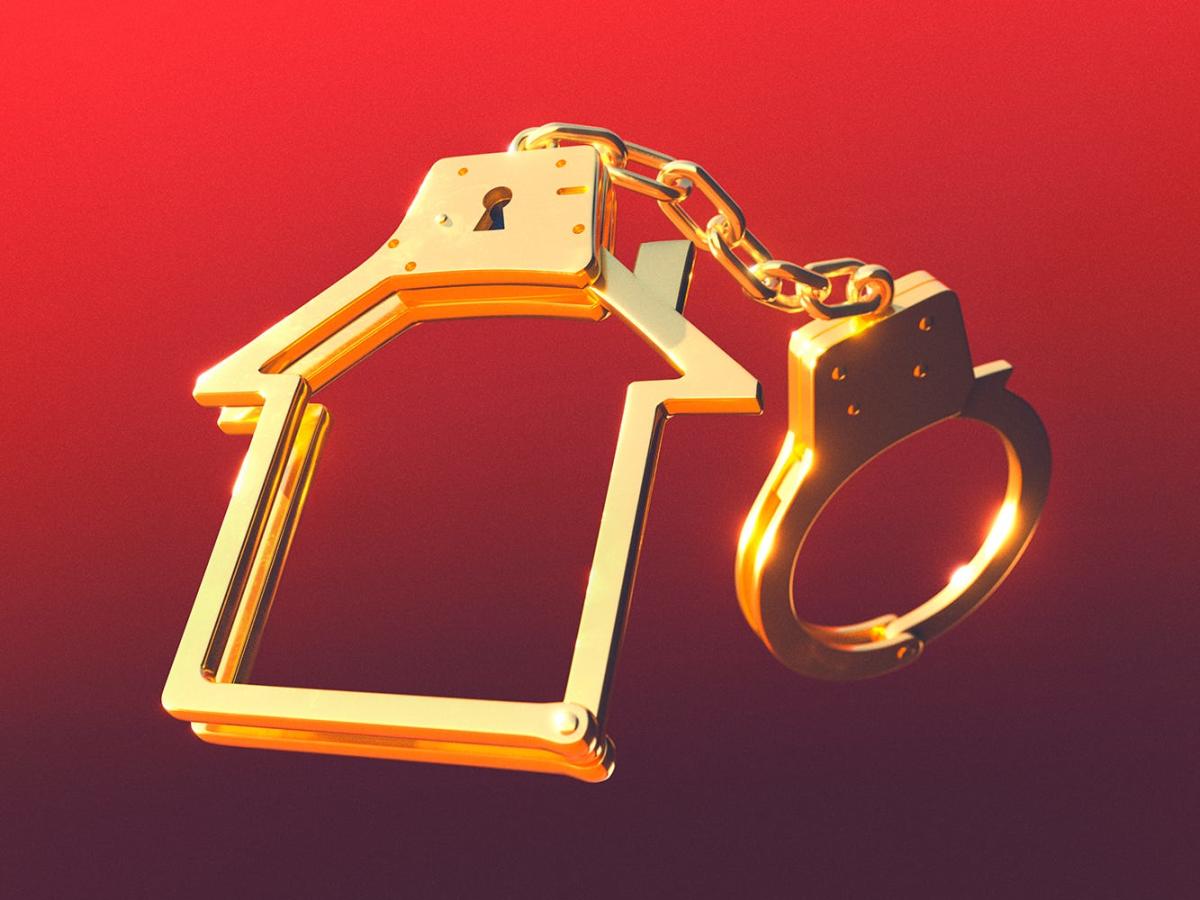
By Katya Golubkova
TOKYO (Reuters) – Japan’s demand for liquefied natural gas (LNG) may grow by more than 10% to some 74 million metric tons by 2040 under a government scenario where the renewable energy rollout goes slower than expected, a senior industry ministry official said.
Japan’s domestic LNG demand continued to fall last year, dropping by 0.4% to 66 million tons due to a weaker economy, a growing share of renewable energy, and nuclear power plant restarts.
Yuya Hasegawa, a division director at Japan’s Ministry of Economy, Trade and Industry (METI), told a conference in Tokyo that there is an expectation that power demand will expand due to the growth of data centres in the country.
“If we do not have a huge expansion of renewable energy, or if we cannot reduce the cost of hydrogen, ammonia, CCUS (carbon capture, utilization and storage), our gas demand will increase,” he said.
According to Hasegawa, under an alternative energy strategy scenario being prepared by METI, Japan’s LNG demand will rise to 74 million tons in 2040, or by almost 10%, if renewable energy expansion is not there as other METI scenarios assume.
Australia, Malaysia and the United States are the biggest LNG suppliers to Japan, but Canada is preparing to start exports to Japan later this year from the LNG Canada project where Mitsubishi is a shareholder.
With U.S. President Donald Trump still threatening steep tariffs on Canada, including on energy imports, Canada is turning its attention to other potential markets, including Japan, the world’s second biggest LNG buyer after China.
Trump has also promised to increase oil and gas production in the U.S., already the world’s biggest, increasing competition among sellers for top buyers, including for Japan.
Canada’s province of Alberta, a source of gas for the yet-to-be-launched LNG Canada export project, wants to double production for supplies elsewhere, including to Asia and Japan, Rebecca Schulz, minister of environment and protected areas at the Government of Alberta, told the same conference in Tokyo.
“Just the shipping time, half of the time coming from the U.S. Gulf Coast, it makes us a perfect partner (for Japan),” she said.
(Reporting by Katya Golubkova; editing by Philippa Fletcher)
EMEA Tribune is not involved in this news article, it is taken from our partners and or from the News Agencies. Copyright and Credit go to the News Agencies, email news@emeatribune.com Follow our WhatsApp verified Channel



